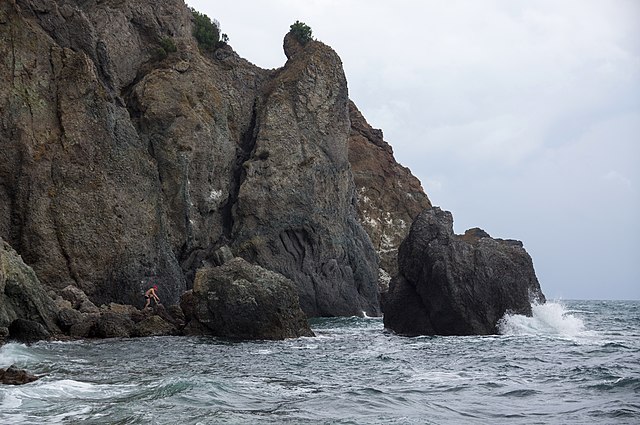As the “ideal” ending of Assassin’s Creed: Odyssey draws to a close, the main character’s previously-shattered family enjoys a meal, together at long last despite all the odds and evil cultists that came between them across the decades. It is an idyllic scene, and while tension exists between some, the game seems to indicate with its framing that everything will turn out alright. With a smile, the player’s character turns from their home and moves out into the night, finding themselves on the deck of their ship alongside the trusty friend and captain, Barnabas. Reflecting on all that’s occurred, the two wryly admit that their adventuring days are far from over, and eagerly cast off into the sunrise to face whatever lays ahead. I couldn’t have been more aghast.
From a modern gaming standpoint, this kind of ending makes sense. Writers need to leave an open-ended conclusion to at least partly explain why players can continue adventuring with their character after the story has concluded, and to a modern audience, such travel feels routine in a digital world where characters have essential story-driven destinies and a real world where traversing distance has been turned into a mundane commonality. Yet unlike Odyssey’s unique take on navigating in the ancient world, this could not be farther from the experience of traveling before the modern era.
If going by land, your journey would, above all else, be slow: twenty-five miles a day is about the maximum speed you could expect (on good roads) if going alone or in a small group. I would definitely recommend the latter, as the limited logistics and power projection of government meant that bandits would be a very real concern, not to mention fierce wild animals–and that’s if you’re traveling in times of peace. Odyssey players are very familiar with these dangers of course; they form the bread and butter of open world adventuring in the game. The need for provisions, though, isn’t, and woe to the travelers who got lost or attempted to cross hostile terrain unprepared.
There was of course a faster mode of transport available to ancient travelers, the very one we began this post with: by ship. Whether sailing or rowing, taking to the seas could drastically speed up a journey or even make it possible in the first place, but it came with a catch: due to the limited nature of ancient navigation, shipbuilding, and technology in general, ships were in fact more dangerous than traveling by land. Perilous weather, treacherous coastline, and pirates in some eras could all combine to smash your vessel or throw you far off course, possibly without supplies. Ancient authors were known to refer to sailing as a last resort, more akin to gambling with your life than a pleasant cruise. In fact, one of the ways historians can identify ancient trade routes is by noting patterns in all ancient shipwrecks they find!
Now, with all this in mind, reimagine that scene: having been separated from loved ones for decades, in all likelihood never going to see them again, you reunite through heroic efforts against long odds. You then immediately leave them to split up the family again, with no guarantee of coming back (and indeed every possibility you won’t) and no way to communicate with them while gone? You begin to see why I was so horrified. This may seem no more than a bit of trivia, an exceedingly minor quibble, but I’ve begun trying to ground myself in such matters as these in the past few years in order to better understand the worldview of those from well before our own time. It might not make for a fitting ending to a video game, but I like to think it makes me at least slightly better as a historian.
